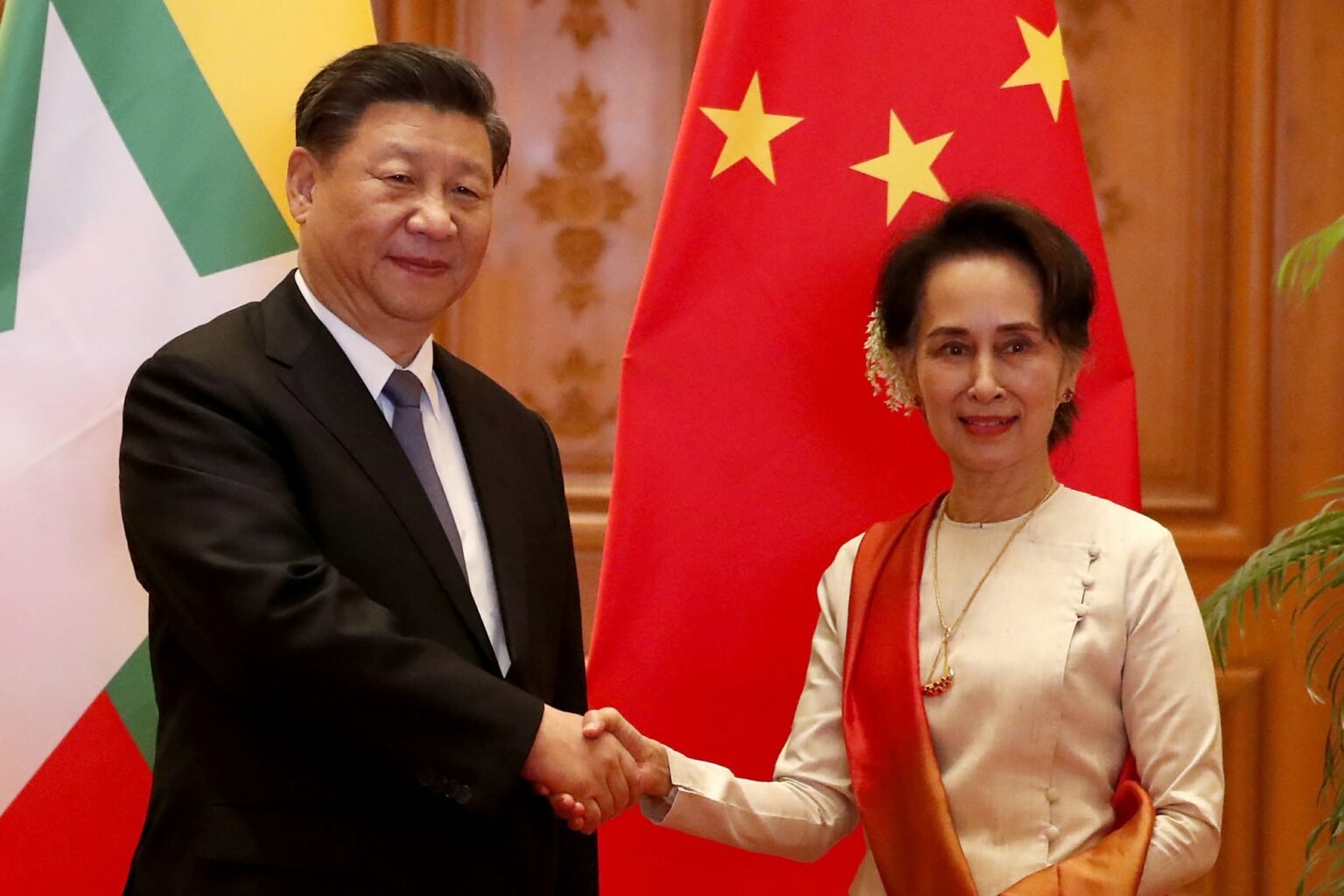Ahead of a scheduled U.N. Security Council meeting on the military coup in Myanmar, China’s foreign ministry spokesman, Wang Wenbin said that all actions taken by the international community in the country should contribute towards political and social stability in the country. It is critical that China’s narrative on the situation is viewed impartially instead of as a yardstick to lambast Beijing on alleged passivity over the coup. The bilateral relationship of Myanmar and China is also defined by strong military ties and developmental cooperation yet recent events make a convenient case for many western governments and analysts to equate China’s silence as tacit support or endorsement of military coups. The truth is that Beijing’s relationship with Naypyitaw is beyond parochial interests which require a further examination for a holistic understanding.
Nowhere did Mr. Wenbin mention China as an endorser of the military coup nor were his comments indicative of partisanship.
Additionally, there is no evidence to suggest that Beijing has sponsored or supported coups across the globe and those levelling allegations from across the Pacific have a checkered history themselves when it comes to promoting democracy or human rights at the expense of dictatorships. For example, Washington D.C. has supported numerous dynasties in oil-rich countries in the Middle East as well as support the Shah of Iran with direct sponsorship. Systematic human rights violations were often tolerated as long as the governments supported American foreign policy objectives in the region including military interventions in Iraq and Afghanistan or overt and covert support for proxy groups in conflict zones such as Syria and Yemen. In China, there is scant understanding from American academics of Beijing’s official policy of non-interference as underlined by first Premier Zhou En Lai’s five principles of coexistence.
In fact, China’s foreign policy has been defined by multifaceted cooperation focusing on development and investments regardless of which political dispensation has taken hold. Analysts at the Washington-based Center for Strategic and International Studies, however, have said that Beijing is overjoyed with recalibrating its engagement with Myanmar after recognizing new realities on the ground. Many experts also believe that China will attempt to fill a vacuum for the government of Ming Aung Hlaing if American sanctions come to bite Myanmar. Such bizarre assertions have been echoed by Japan’s State Minister of Defense Yasuhide Nakayama who believes that Western democracies risk pushing Myanmar into Beijing’s camp if the response to the coup thwarts avenues of cooperation with the military leadership. None of these assumptions, however, underline the fundamental principles of China’s relationship with countries such as Myanmar, where relationships go beyond internal politics and is based on trading partnerships that are divorced from Western attempts of defanging one party at the expense of the other. This nuance on Myanmar has been highlighted by an associate professor at the S. Rajaratnam School of International Studies at the Nanyang Technology University in Singapore, Dr Li Mingjiang who said that Beijing wanted stability in the country, not a coup.
On the other hand, American support for democracies and dictatorships has been duplicitous from the outset. Respective American administrations were to fund, sponsor and support dictatorships and coups subjectively and selectively where Washington’s support for democracies in country’s such as Syria stood in stark contrast to states in the Middle East with various administrations prioritizing economic ties over principles. When the same yardstick is applied by Beijing as a non-interventionist policy, castigation is directed at China’s alleged passivity or endorsement of military dictatorships. There is no evidence to suggest that Beijing has sponsored military juntas, whereas voluminous evidence exists demonstrating that Washington D.C. has either tacitly or overtly turned a blind to democratic transitions, particularly from left-wing political parties which disagree with American policies.
In retrospect, China has worked hard to foster strong ties with the now-ousted Aung San Suu Kyi who had assured Beijing that she did not view China as a threat or an enemy. She also paid numerous visits to China and backed President Xi Jinping’s One Belt One Road Initiative consisting of energy corridors and infrastructure projects. The BCIM portion of the OBOR which is also known as the Bangladesh China India and Myanmar corridor for example features Myanmar in its strategic calculus. All of these facts indicate that China has an all friendship and partnership with Myanmar based on nonpartisanship and non-intervention. Foreign Ministry Spokesman, Wang Wenbin’s comments must be taken at face value.


